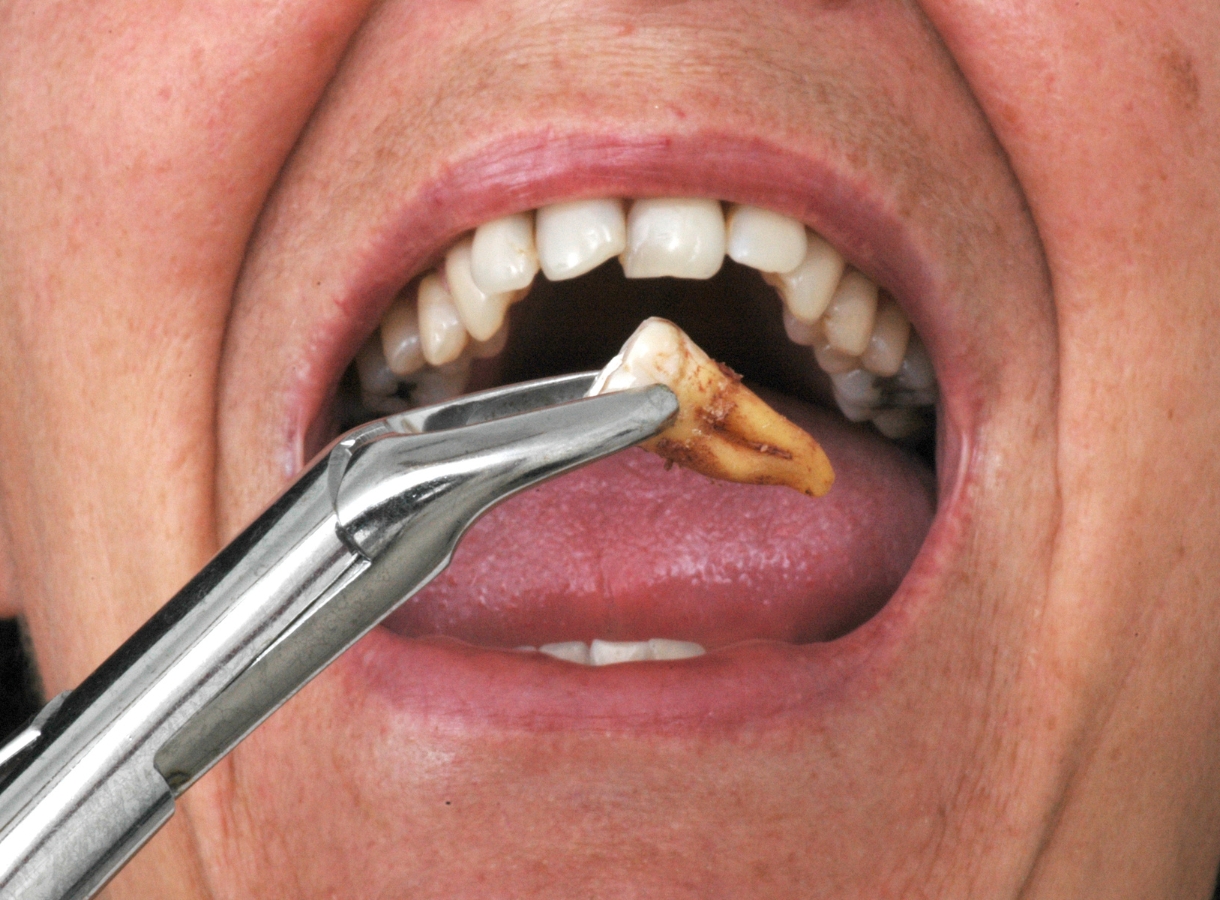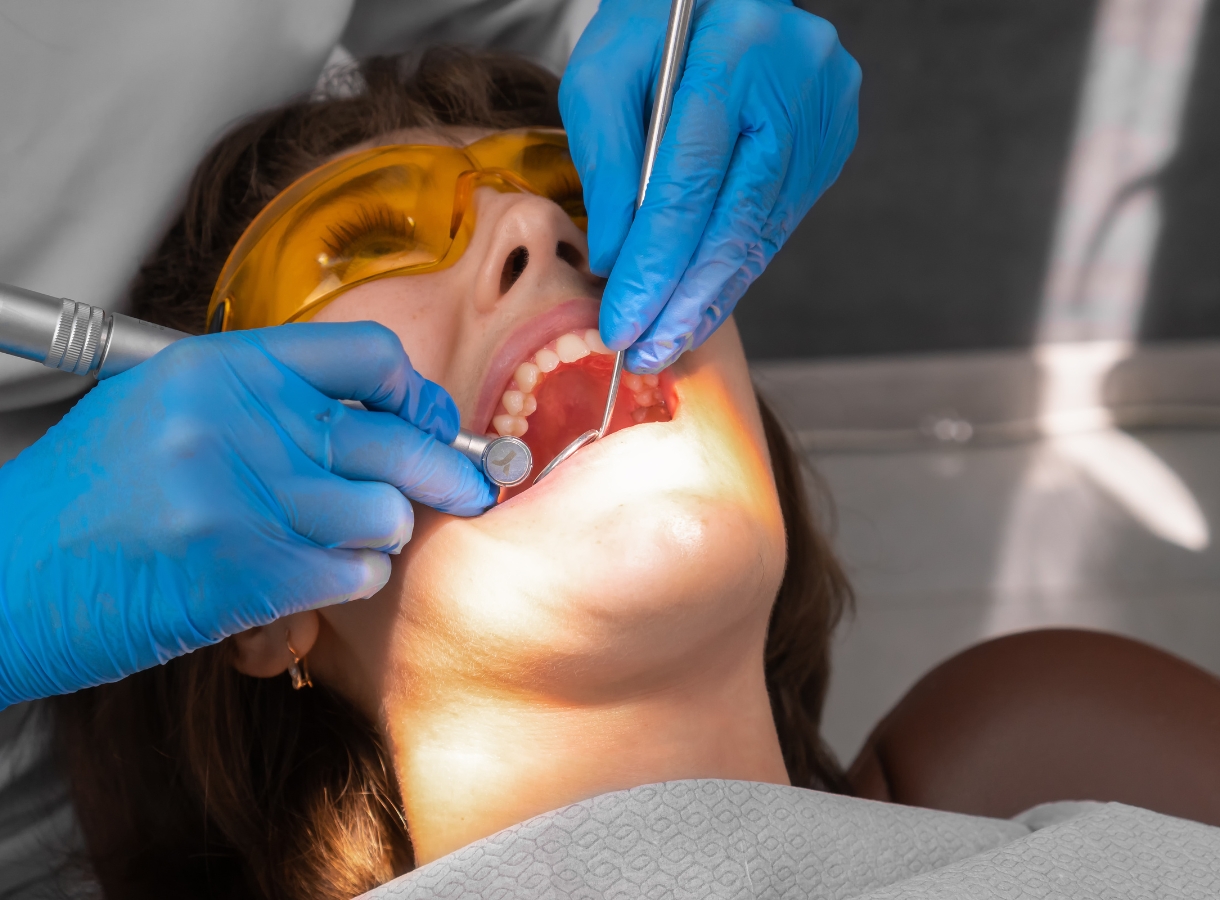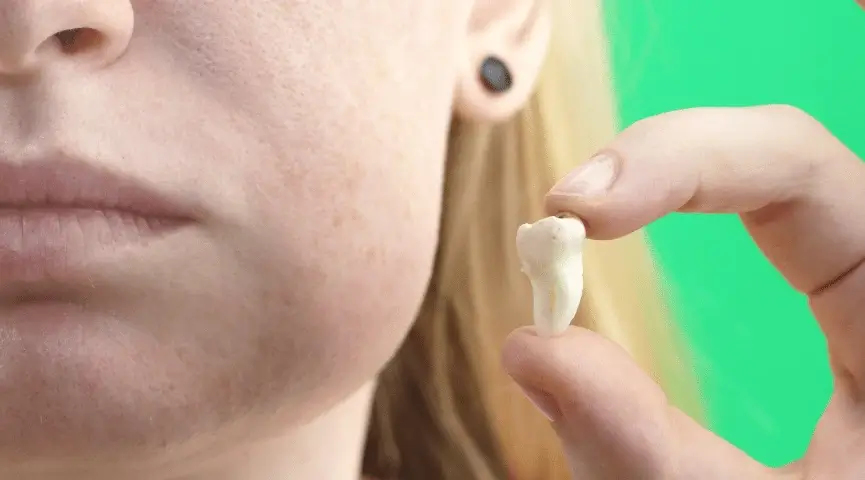
By Thrive Family Dentistry of Auburn | April 9, 2025
Have you been experiencing tooth pain and sensitivity every time you bite into something? Well, there is a chance that you might be experiencing tooth infections. If your tooth is way too damaged, it might be time for you to get the tooth extracted. Though it might sound scary, this procedure can help you avoid more complications in the future and protect the rest of your mouth.
So, how do you know if you need a tooth extraction? Read this blog to get the answer to your question.
When Is A Tooth Extraction Necessary?
Here are the most common signs that you might need an extraction:
Persistent Pain
If you are in pain, it usually indicates that there might be something wrong with your body. You might experience the ache because of a deep cavity, an infected tooth, gum issues, or impacted wisdom teeth.
It can also spread to other parts of your body, such as the neck and head. This sensation might interfere with your daily life..
Swelling and Sensitivity
Are you experiencing swelling and sensitivity in certain parts of your mouth? It can be another warning sign. Wisdom teeth tend to cause swelling at the back of your mouth.
Infected teeth can make your gums sore and bleed. If your conditions keep worsening even after trying home remedies or over-the-counter drugs, it’s time to see a dentist for tooth extractions in Auburn.
Loose Teeth
Is your adult tooth wobbly? Advanced gum disease (periodontitis) can weaken the bone and tissues holding your teeth in place. Extraction may be required to avoid further complications if your tooth has been heavily infected.
Broken Teeth
Did you break your teeth while biting down on something hard or get hurt during sports? When a tooth gets broken below the gum or to its root, the dentist might not be able to repair or preserve it. Complete removal can protect you from pain and complications.
Chronic Bad Breath
Persistent bad breath can indicate problems such as infections or decay that need to be treated. If brushing, flossing, and mouthwash are not working for your breath, then bacteria might be affecting your teeth.
What Happens During a Tooth Extraction?
Here are the steps that you might have to undergo during a tooth extraction:
- The dentist will examine your mouth and take X-rays to assess the condition of the affected tooth.
- They will use local anesthesia to numb your operation site. You will experience no pain.
- The professionals will gently remove the tooth using specialized tools.
- You’ll receive instructions for managing pain and preventing infection during recovery.
- Although surgical extractions (such as for impacted wisdom teeth) can include extra steps such as stitches, you will mostly experience no pain.
How To Prevent Tooth Extractions?
Yes, on some occasions, extractions are indeed necessary. However, proper oral hygiene can lower your risk:
- Brush twice a day with fluoride toothpaste.
- Floss daily to clear debris between teeth.
- Go to your dentist for regular check-ups and cleanings.
- Steer clear of sugary foods and beverages that lead to decay.
If you notice any of the above symptoms, like severe pain, swelling, or a loose tooth, it’s time for you to take action. A simple extraction can save the rest of your healthy teeth and gums from serious damage in the long run.
Are you ready to get rid of your damaged tooth with tooth extraction? Contact us today for a consultation.



